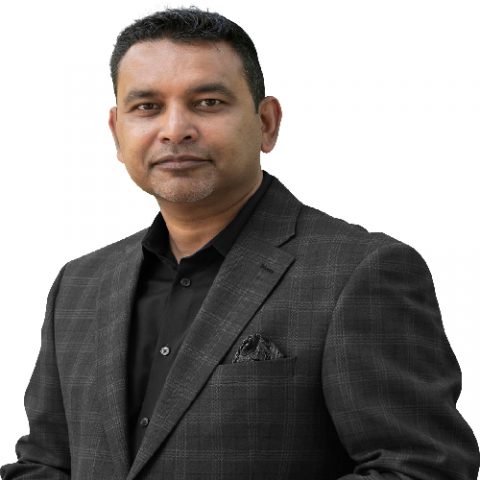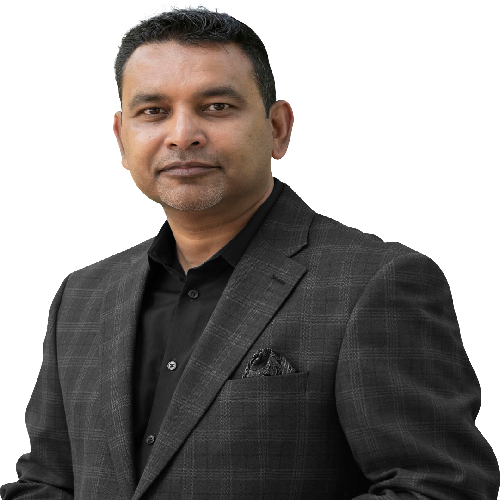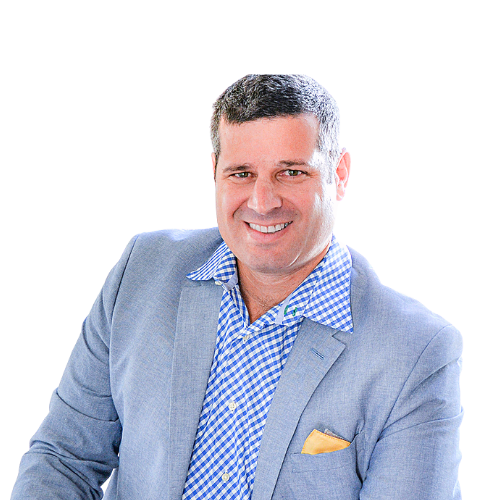

Faisal Hoque is an accomplished entrepreneur, thought leader, technology innovator, and advisor to CEOs, BODs, and the US federal government with more than 25 years of cross-industry success. He is an award-winning author of the #1 Wall Street Journal and USA Today bestseller “LIFT”, the Wall Street Journal #2, and USA Today bestseller “Everything Connects” as well as other publications. He is the founder and Managing Director of Shadoka, and the Founder and Chair at NextChapter. His broad areas of expertise include innovation, leadership, management, sustainable growth, transformation, strategy, governance, M&A, frameworks, and digital platforms. He is a 3-time award-winning Founder and CEO of Deloitte Technology Fast 50 and Deloitte Technology Fast 500™.
What sets Faisal apart is the unique position and perspective he has always maintained, which is grounded in hardcore technology with deep roots in leading-edge management science. As he’s grown through his career, he realized that the real challenge is to connect with people and lead them with influence and inspiration. Although technology has a role, especially with automation and giving accurate information, it’s not only about the data that allow you to make better decisions but automates a lot of money. The things we don’t want to do and technology can do better, but the aspect of creativity and mobilization of a workforce inspires people to do the next big thing. Which all comes down to humanity.
As a technologist, there’s a moral role in what should be pushed out there and consumed, and what’s harmful or impactful. As a leader, you have the opportunity and the responsibility to drive people to do their best, and that’s where the notion of mindfulness and empathy comes in. Empathy and mindfulness don’t only apply on a personal level, it has huge implications for an organization and outside of an organization as a whole. It allows you to understand the situation of the collective community in terms of what they need, what issues they’re dealing with, and how they’re going to react to a particular situation. Command, control, and toxic leadership don’t work for a long-term directive. Sooner or later, it will all fall apart. When looking at successful brands, you get the feeling of a personal connection they have with each of the customers they serve, whether that’s B2B or B2C.
When companies want to get their processes in line and improve their external image, as well as their morale inside. Faisal guides them with fundamental caution, starting with who they are, what they’re trying to become, and what their purpose is. It needs to start with understanding who you are today, who you want to be tomorrow, and how you move forward, and that comes from knowing the current and defining the future state. Designing a set of processes that allows you to get there and aligning everybody around that notion of Why What and How.
In this episode:
[01:23] Faisal shares his intersection of humanity, science, and technology.
- Starting out as a technologist, building products and companies around technology.
- The challenge is connecting with people and leading, influencing, and inspiring them.
[3:00] Implementing AI into our content writing and management skills.
- Technology’s role is automation and giving accurate information for better decisions.
- As a technologist, there’s a moral role in what should be pushed and what’s harmful and impactful.
[05:38] Empathy & mindfulness are personal but have huge implications for an organization.
- To understand the collective community in terms of what they need.
- Not being attuned to that will make you misfire.
[08:34] Looking at a company like Nike, serving a very wide customer base.
- Trying to push the inner human spirit, the founder’s mantra.
- Focusing on social impact, which is an empathy-driven mindset.
[11:00] Products stand for X, Y, and Z, conveying an identity and a solution.
- Talking about who you are becoming by purchasing this product.
- This notion of enablement and accessibility.
[13:00] Starting with fundamental caution, why, what, and how.
- Get assessed on your current state to create a future state.
- Understand who you are today and who you want to be tomorrow and how to move forward.
Watch the Interview:
Learn more and reach out:
- LinkedIn: Faisal Hoque
- Website: https://faisalhoque.com/



